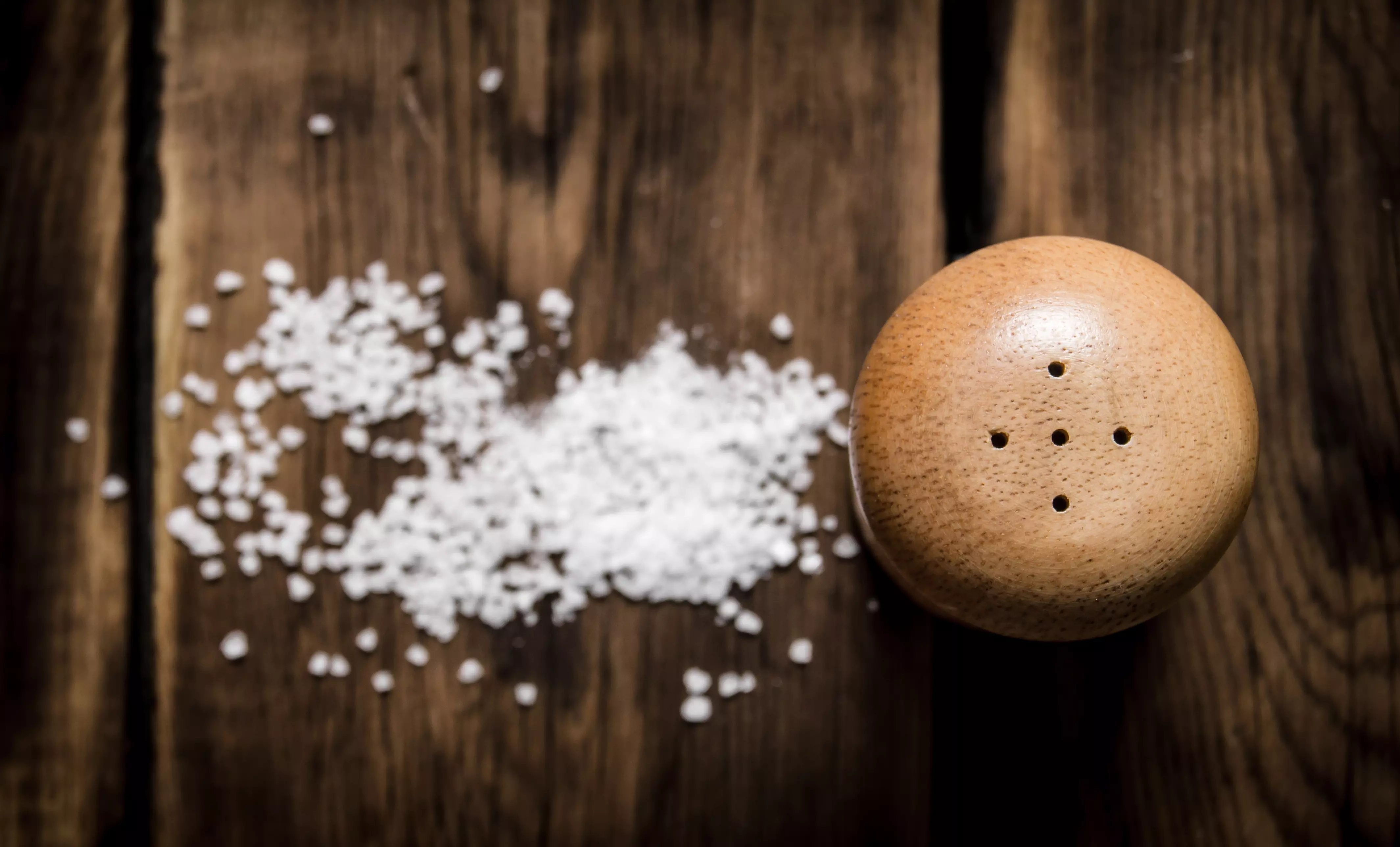Excessive salt intake and the risk of kidney disease
There is a widespread belief that salt is one of the main culprits of many medical conditions, such as hypertension, heart disease and even kidney disease. For the latter, there is a strong link between consuming too much salt and the risk of serious health problems.
Excess sodium and kidney disease
The kidneys play a key role in maintaining the body's electrolyte balance, including adequate sodium levels. Consuming excess salt leads to an increase in sodium concentration in the blood, which in turn increases the burden on the kidneys and can lead to damage to their structure and function.
A study conducted on a group of people who consumed high-salt meals showed a link between excessive salt intake and the occurrence of chronic kidney disease. People who regularly consumed large amounts of salt had a higher risk of developing kidney disease compared to those who controlled their sodium intake.

How does salt affect the kidneys?
Salt plays a key role in regulating blood pressure, and excess sodium can lead to an increase in blood pressure. The increase in blood pressure stresses the blood vessels in the kidneys, causing damage and leading to chronic kidney disease. In addition, high levels of sodium in the blood can lead to the formation of kidney stones, which are painful and can interfere with urinary function.
It is also important to understand that excess salt causes water retention in the body, resulting in increased stress on the kidneys. Urine production by the kidneys increases, leading to urinary overload.
How to reduce salt intake for the sake of the kidneys?
One of the most important steps we can take to protect the kidneys is to limit salt intake. The recommended daily salt intake for adults is about 5 grams, but most people exceed this amount.
To reduce the amount of salt consumed, avoid highly processed products, which often contain a large amount of salt in their ingredients. Pay attention to labels and choose products with lower sodium content. Instead of salt, use herbs and other natural spices to add flavor to your meals without putting extra strain on your kidneys.
Summary
Excessive salt consumption can lead to serious health problems, including kidney damage. It is worth paying attention to the amount of salt you consume and try to limit your salt intake to protect your kidneys. Let's choose products with lower sodium content and look for alternatives that allow us to enjoy the taste of food without the necessary excess salt. Let's take care of our health and prevent possible kidney diseases through proper nutrition.
Add comment